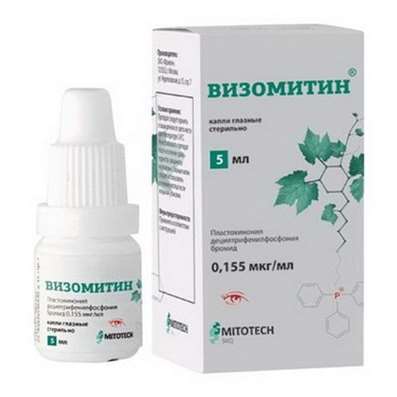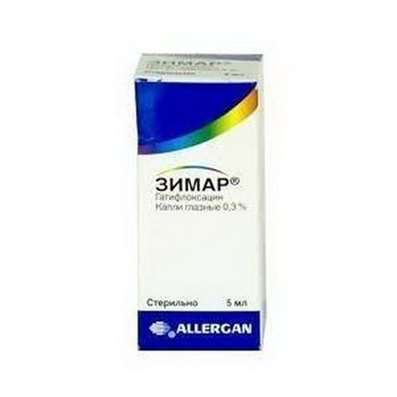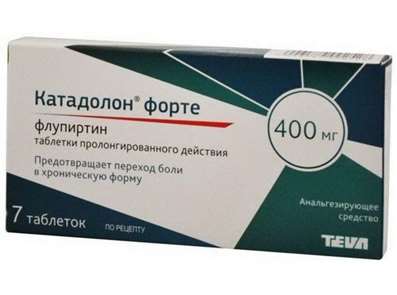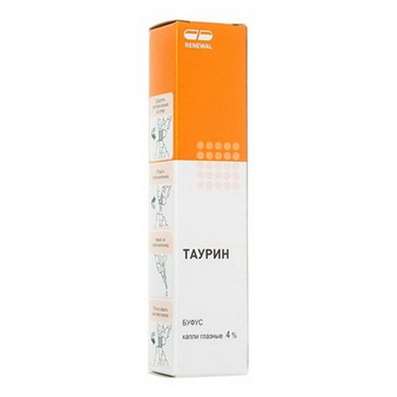Instruction for use: LoraHEXAL
I want this, give me price
Dosage form: Tablets
Active substance: Loratadinum
ATX
R06AX13 Loratadine
Pharmacological groups:
H1-antihistamines
The nosological classification (ICD-10)
H10.1 Acute atopic conjunctivitis: Allergic conjunctivitis; Allergic eye diseases; Allergic conjunctivitis; Allergic conjunctivitis caused by chemical and physical factors; Allergic rhinoconjunctivitis; Allergic inflammation of the eyes; Spring Qatar; Spring keratitis; Spring conjunctivitis; Conjunctivitis allergic; Year-round allergic conjunctivitis; Exacerbation of pollinosis in the form of rhinoconjunctival syndrome; Acute allergic keratoconjunctivitis; Acute allergic conjunctivitis; Superficial bacterial infection of the eyes; Rhinoconjunctivitis; Seasonal allergic conjunctivitis; Seasonal conjunctivitis; SENSORY; Chronic allergic keratoconjunctivitis; Chronic allergic conjunctivitis
J30 Vasomotor and allergic rhinitis: Allergic rhinopathy; Allergic rhinosinusopathy; Allergic diseases of the upper respiratory tract; Allergic rhinitis; Allergic rhinitis seasonal; Vasomotor runny nose; Prolonged allergic rhinitis; All-year-round allergic rhinitis; All-year allergic rhinitis; Year-round or seasonal allergic rhinitis; All-the-year-round rhinitis of an allergic nature; Rhinitis vasomotor allergic; Exacerbation of pollinosis in the form of rhinoconjunctival syndrome; Acute allergic rhinitis; Edema of the nasal mucosa; Edema of the nasal mucosa; Edema of the mucous membrane of the nasal cavity; Swelling of the nasal mucosa; Swelling of the nasal mucosa; Pollinosis; Permanent allergic rhinitis; Rhinoconjunctivitis; Rhinosinusitis; Rhinosinusopathy; Seasonal allergic rhinitis; Seasonal allergic rhinitis; Hay rhinitis; Chronic allergic rhinitis; Allergic diseases of the respiratory tract
L20 Atopic dermatitis: Allergic diseases of the skin; Allergic skin disease noninfectious etiology; Allergic skin disease etiology nemikrobnoy; Allergic skin diseases; Allergic skin lesions; Allergic reactions on the skin; atopic dermatitis; Allergic dermatosis; Allergic diathesis; Allergic itching dermatosis; Allergic skin disease; Allergic skin irritation; allergic Dermatitis; atopic Dermatitis; allergic dermatoses; exudative diathesis; Itchy atopic eczema Itchy allergic dermatosis; Allergic skin disease; Cutaneous allergic reaction to drugs and chemicals; Cutaneous reactions to medications; Skin and allergic disease; Acute eczema; common neurodermatitis; Chronic atopic dermatitis; Exudative diathesis
L23 Allergic contact dermatitis: Allergic dermatitis;Purulent allergic dermatopathies; Contact allergic reaction; Contact allergic dermatitis; Contact allergic dermatitis; Photoallergic contact dermatitis
L29 Itching: Itching with partial obstruction of the biliary tract; Dermatitis itchy; Dermatosis with persistent itching; Other itching dermatoses; Itching dermatoses; Itching allergic dermatosis; Itching dermatitis; Itching dermatosis; Itching itch; Excruciating itching; Severe itching; Endogenous itching; Skin itching with dermatosis; Restricted itchy dermatitis; Itching of the skin; Itchy scalp; Itching eczema
L50 Urticaria: Idiopathic chronic urticarial; Injury Urticaria; Chronic urticarial; Hives of the newborn
T78.3 Angioedema: Edema Quincke; Laryngeal exacerbation with angioneurotic edema; Recurrent angioedema; Allergic edema; Recurrent swelling of Quincy
Composition
Tablets - 1 table.
active substance: Loratadine 10 mg
Auxiliary substances: lactose monohydrate - 69.175 mg; Corn starch - 18 mg; Silicon dioxide colloidal anhydrous - 1,825 mg; Magnesium stearate - 1 mg
Pharmachologic effect
Mode of action - antiallergic, antipruritic.
Dosing and Administration
Inside.
Children from 3 to 12 years:
- with a body weight of less than 30 kg - 5 mg (1/2 table) once a day. The daily dose is 5 mg;
- with a body weight of more than 30 kg - 10 mg (1 table) once a day. The daily dose is 10 mg.
The duration of treatment depends on the duration of the symptoms of the disease. If the patient's condition does not improve within 3 days of starting treatment, then loratadine is not effective.
Patients with severe hepatic insufficiency should be prescribed a reduced daily dose of the drug:
- adults and children with a body weight of more than 30 kg - 10 mg (1 table) every other day;
- Children weighing less than 30 kg - 5 mg (1/2 table) every other day.
Older patients do not need a dose adjustment.
Patients with severe renal failure (Cl creatinine <30 ml / min) - 5 mg 1 time per day daily or 10 mg once a day every other day. The maximum daily dose is 10 mg.
Release form
Tablets, 10 mg. By 7 or 10 tab. In a blister of PVC / aluminum foil or from polypropylene / aluminum foil. For 1, 2, 3 or 5 blisters in a cardboard box.
Manufacturer
Hexal AG, 83607, Holzkirchen, Industrialstrasse, 25, Germany.
Produced by: Salutas Pharma GmbH, Germany.
ZAO Sandoz
Conditions of leave from pharmacies
Without recipe.
Storage conditions of the drug LoraHEXAL
At a temperature not higher than 25 ° C.
Keep out of the reach of children.
Shelf life of the drug LoraHEXAL
3 years.
Do not use after the expiry date printed on the package.

 Cart
Cart





